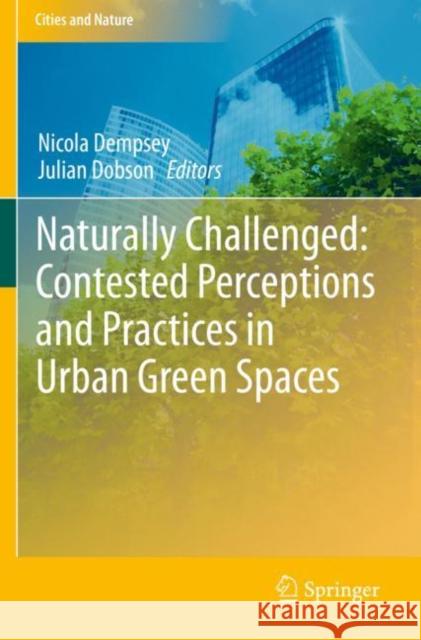Naturally Challenged: Contested Perceptions and Practices in Urban Green Spaces » książka
topmenu
Naturally Challenged: Contested Perceptions and Practices in Urban Green Spaces
ISBN-13: 9783030444822 / Angielski / Miękka / 2021 / 201 str.
Naturally Challenged: Contested Perceptions and Practices in Urban Green Spaces
ISBN-13: 9783030444822 / Angielski / Miękka / 2021 / 201 str.
cena 684,33
(netto: 651,74 VAT: 5%)
Najniższa cena z 30 dni: 655,41
(netto: 651,74 VAT: 5%)
Najniższa cena z 30 dni: 655,41
Termin realizacji zamówienia:
ok. 16-18 dni roboczych.
ok. 16-18 dni roboczych.
Darmowa dostawa!
Kategorie:
Kategorie BISAC:
Wydawca:
Springer
Seria wydawnicza:
Język:
Angielski
ISBN-13:
9783030444822
Rok wydania:
2021
Wydanie:
2020
Numer serii:
000472004
Ilość stron:
201
Oprawa:
Miękka
Wolumenów:
01











